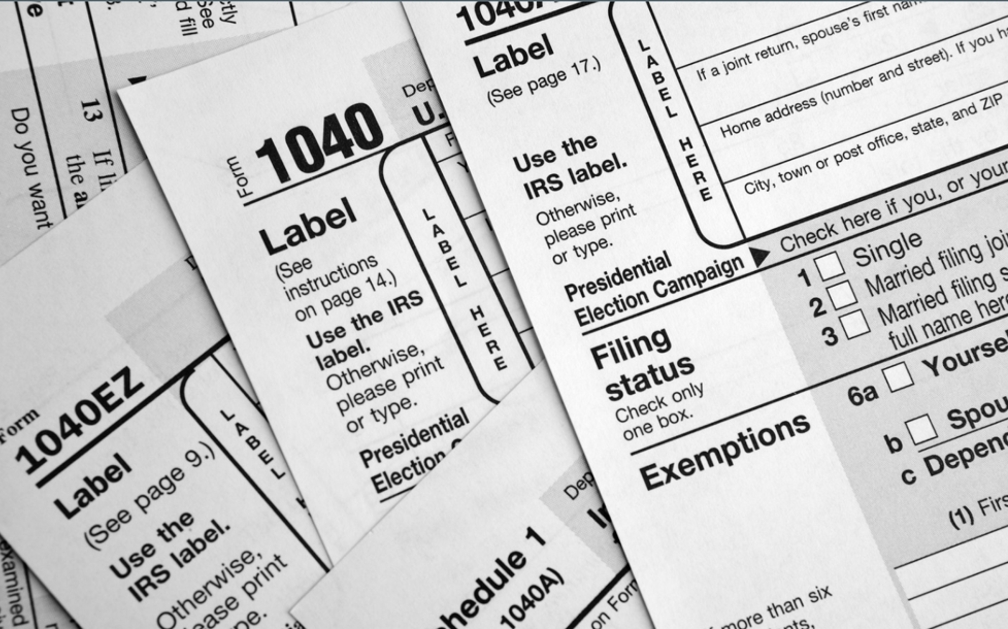They say nothing is sure but death and taxes.
If you’re reading this, you probably already have life insurance or are seriously considering buying a policy to protect your family. And you probably know how life insurance works.
You buy a policy for a certain amount of coverage, say $250,000, for which you pay a monthly premium of say, $25. Should you die while the policy is active, your beneficiaries receive the $250,000 payout.
What you now want to know is, how will life insurance affect your taxes? What follows are some highly simplified explanations for a variety of “death and taxes” situations.
How Term Life Insurance Affects Your Taxes
If you have a term life policy, your beneficiaries won’t have to pay taxes on the payout they receive.
Term life policies are straightforward. You pay a monthly premium for a set amount of time, and you receive a set amount in death benefit. End of story.
But if you expect a tax break on your premium, you’re going to be disappointed. The IRS considers life insurance premiums a personal expense and therefore not deductible.
How Permanent Life Insurance Affects Your Taxes
Because permanent life insurance policies produce cash value, the IRS looks at types of permanent life insurance such as whole life and universal life differently than they do term life.
Interest earned on a permanent policy is tax-deferred, i.e. not taxed if it remains untouched. However, if you withdraw it, it will be subject to income tax.
Life Insurance Annuities and Taxes
If your beneficiary collects your death benefit in installments, the payouts will be considered income and subject to income tax.
Life Insurance and Estate Tax or Inheritance Taxes
If your life insurance policy is wrapped up in an estate, your beneficiaries will owe an estate tax if the estate is worth more than the IRS threshold, which for 2023 is $12 million for an individual beneficiary and $24 million for a married beneficiary filing jointly.
If the estate is worth less than that, they will owe no tax.
Some states levy an inheritance tax. States vary on the threshold so consult a tax attorney in your state to find out what your beneficiaries may or may not have to pay.
Accelerated Death Benefits and Taxes
Although you can use the benefit from an accelerated life insurance policy while you are still alive, it is not taxable.
Transfer for Value Life Insurance and Taxes
If you sell (settle) or surrender your life insurance policy, you will pay tax on any monetary or material value above what’s called the policy basis.
The policy basis is the policy’s cash value minus premiums you paid and required administrative fees. Anything you receive above the policy basis will be taxed as income.
Again, these are highly simplified explanations for situations that can be complicated. As with any financial decision, it’s important to consult with a tax professional or financial advisor to determine the tax implications related to any life insurance policy you’re considering purchasing.







